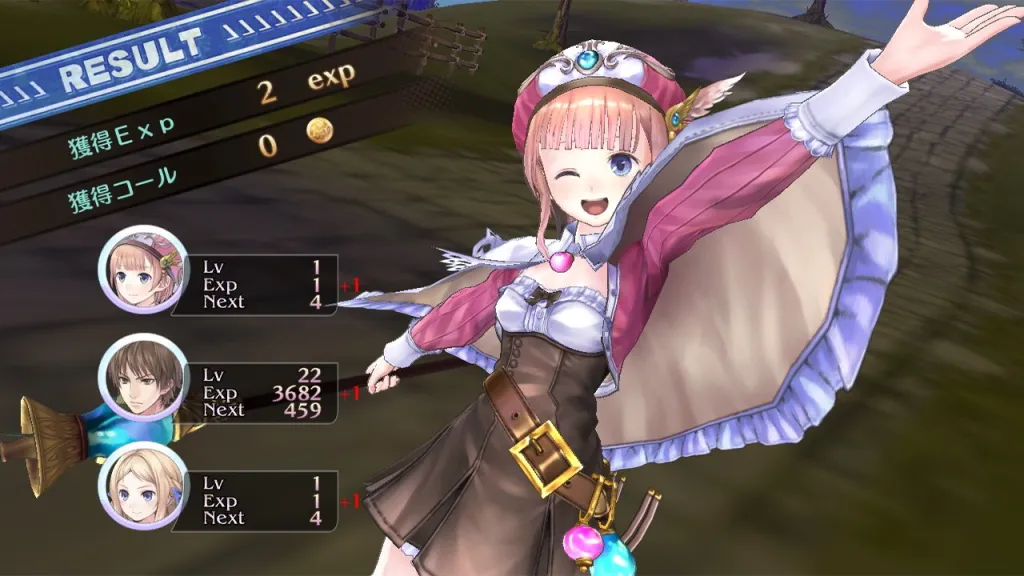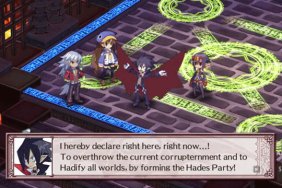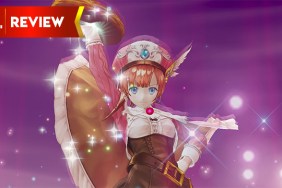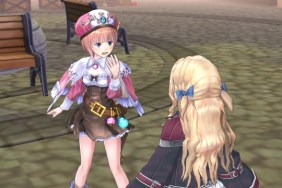How can a JRPG that's 90 percent crafting be so fun and engaging?
I'll completely admit that I had never played an Atelier game before Atelier Rorona Plus: The Alchemist of Arland, a remastered version of Gust's 2009 PS3 game, so I had no idea what I was getting into beyond that it was a niche JRPG series with intensely cute soundtracks. It turns out everything else is cute too, which proves to deliver a great deal of the charm. Rorona is the first in a three-part series (most of the Atelier games are trilogies, set in their own worlds) and is a bit odd in that this remaster follows the remastered releases of the following games on PS Vita.
I could also see why some people intensely dislike these games, since Rorona is probably one of the most un-JRPG-like titles when compared to classic Japanese role-playing games. There's no quest to displace an evil lord hellbent on taking over the world and it's more like an anime or manga series that focuses on the trials and tribulations of shopkeeping. In Rorona you play as an alchemy apprentice whose lazy master has let things get so out of hand, the local government of Arland is threatening to replace the alchemy shop with a factory unless Rorona can prove that it benefits the land.
The game has a measure of exploration and turn-based combat as Rorona ventures out to gather the materials necessary for alchemy from nearby dungeons and natural environments. However, the bulk of the game is alchemy, which is essentially crafting. The government, through the totally dreamy knight-representative Sterk, gives you missions to create certain items with alchemy. Fulfill these missions and the shop can stay.
In practice, the game combines crafting with dating-sim elements. Rorona can raise her rank both in town and with individual companions, friends, and merchants by crafting specific items for them. This leads to more encounters with those characters, which can lead to character-specific endings (the game is all about endings, with specific endings for each character, as well as normal, good, bad, and "true" endings). Crafting items takes up a certain number of days, which slowly tick down for the duration of an assignment.
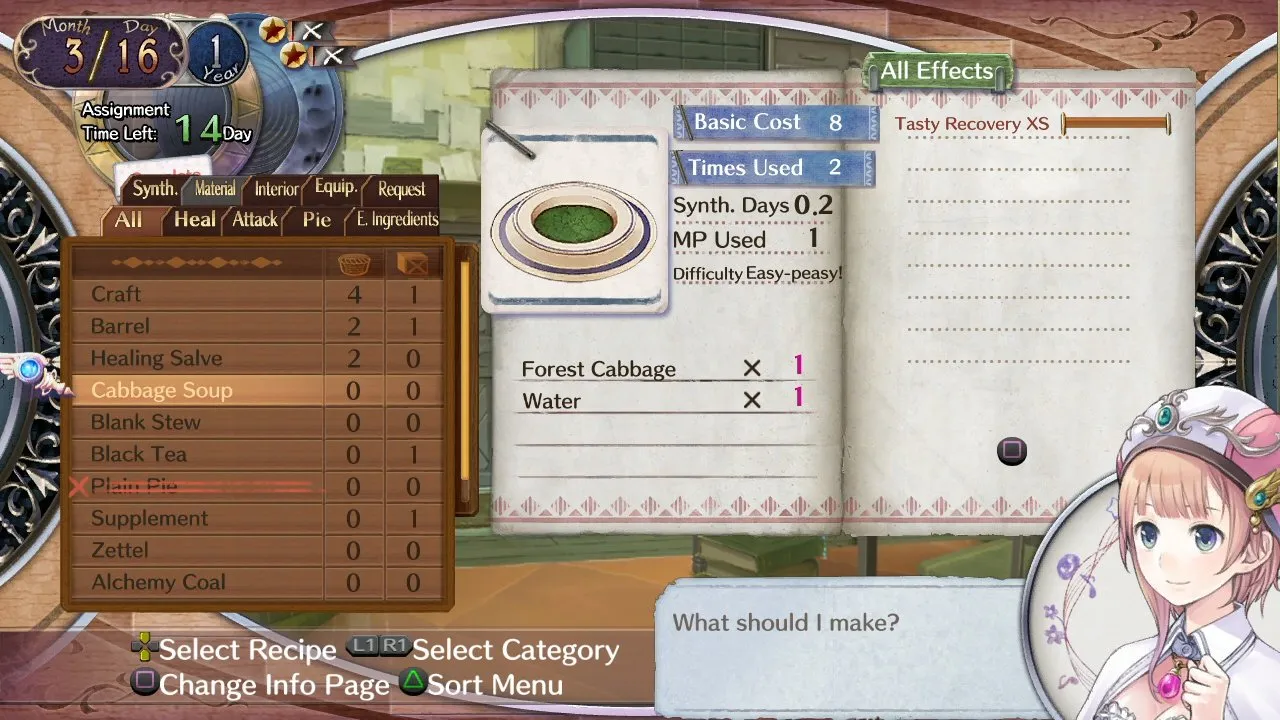
Rorona Plus is clearly a big update to the original game, even to a gamer new to the series like myself. Cosmetically the developers have updated the cel-shaded 3D models, though they aren't much to look at considering contemporary graphics, though they are cute and more in line with the 2D-illustrated talking heads used in cut-scenes. Additionally, the alchemy and synthesizing systems have been upgraded; instead of using Rorona's HP for alchemy, you now use MP similar to later games which adds to the challenge since restoring MP requires a few days rest instead of simple healing items used to recover without consequences.
Since the game was originally released on PS3, Tecmo Koei bought the developer, Gust, and has released "plus" versions of its two sequels on PS Vita (these games are generational and focus on Rorona's own apprentice Totori, and Totori's apprentice Meruru). In creating Rorona Plus, they had a novel approach to keep the game relevant to fans who had already played the "Plus" versions of the following games, add a new section of gameplay about a third of the size in which Totori and Meruru are accidentally transported back in time by Rorona's teacher, Astrid, and Rorona—still a fresh apprentice herself—has to figure out how to send them back.
As a quick note on Astrid, if there's one place where Atelier Rorona veers into creepy territory, it's with this character. There are references to Astrid joking about molesting Rorona in her sleep, and having chosen to take on Rorona as an apprentice due to her sexual preference for children. It's all handled very lightly and with that moe-touch of inappropriate that doesn't seem totally morally wrong, but it is still really creepy if you stop and think about a grown woman who makes sexual advances towards a pupil she has been in charge of since childhood. This is a very small part of the game and is handled as a part of how Astrid's relationship with Rorona, teasing and tormenting her for comedic purposes.
I was absolutely surprised at how much I got sucked into Atelier Rorona Plus. It's not a perfect game: The visuals are dated, the combat spikes wildly at the end of the game, and the character interactions can be total anime cheese. However, it's a game in which I cared more about the characters and story than most boilerplate save-the-world JRPG melodramas.
Atelier Rorona Plus: The Alchemist of Arland is available on the PS3 and PS Vita, and is optimized for crossplay between those devices. If you have a Vita, I suggest purchasing it for that platform as the crafting-alchemy gameplay is perfect for bite-sized chunks that don't require a lot of emotional investment, and the visuals will look less sparing on a smaller screen.
-
Addictive Crafting Gameplay
-
Engaging characters.
-
Almost disgustingly cute.
-
Visually dated.
-
Interesting prosaic storyline.
-
Difficulty spikes heavily near the end.
-
Multiple endings.
